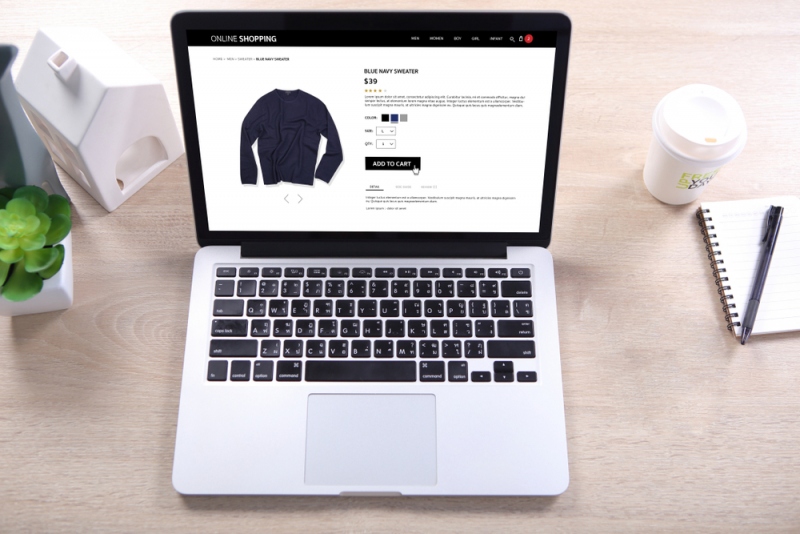Ecommerce is rapidly integrating itself into how humans interact with purchases and live their everyday lives. Many previous barriers that have existed in the realm of online shopping are being broken down by advancements in the industries at hand. Here are three industries affected by the ecommerce trend and seeing major improvements.
Food
Almost anything can be delivered through online services. Soon enough, we might expect every retailer or seller to offer delivery services, and food is no exception. There are now apps that deliver nearly any cuisine to your door for a small fee. These apps and services offer flexible jobs for those looking to use them for full-time income or to use as a supplemental source.
A current trend in the ecommerce food industry is the monthly subscription kit or box that is delivered to your home. Popular themes include monthly beauty goodies or shaving kits, but the service is gaining traction in the food industry, as well. Whether you’re a die-hard foodie or wine lover, there are tailored subscriptions for everyone. These subscriptions also work great as gifts. Next time you need to get a birthday present, consider gifting your friend or loved one the best coffee subscription on the market. Subscriptions allow people to try different foods and products in smaller sizes, so that they can purchase larger quantities of the items they favor most.
Fashion
The internet offers access to thousands of clothing websites and puts them right at your fingertips—literally. So many stores are cutting costs by switching to online retail, as the model allows for cheaper clothing costs and larger options. Companies are selling shirts, dresses, accessories, and more online rather than in brick and mortar stores. Online shopping allows customers to take their time and study all of the options, while also giving shoppers universal access to fashion around the world. Online shopping might make up-and-coming styles more accessible to everyone.

There is the anticipation of changes that augmented reality will bring to the fashion industry online. Questions about how the outfit will look when worn or how the lipstick color will match the skin are all considerations that hold people back from purchasing online. The development of augmented reality is a factor that could blow in-store shopping out of the water. Facial tracking might become widely used for makeup products, as well. Facial tracking is the same augmented reality function that gives us puppy dog ears in Snapchat filters. Gap has a dressing room function on an app that helps them see how clothes would look on their body type from different angles. Ecommerce is allowing the fashion industry to digitally expand and allow more options for consumers.
Romance and Relationships
Tinder was the hype in the dating app world until apps started getting more specific and catering to specific audiences. Hinge, for example, is a dating app that only connects you with people you have mutual friends with on Facebook. Tinder and other apps might give you an endless stream of other users on the app or nearby, but apps like Hinge create more specific lists. Bumble is an app through which women must initiate conversation and message first— a feature many find convenient. There are so many more dating apps that have the potential to expand the boundaries of online marketing and ecommerce opportunities. The dating app niche is something that will be in demand as long as humans are interested in dating!
Ecommerce is also expanding in terms of relationship apps that market counseling services. For example, Romance and Retail is an app that is exploring this industry. The site offers dating advice and potential for ecommerce expansion.
Tech is definitely taking over, as the possibilities of incorporating ecommerce with technological advances seem to be endless. One thing is for certain: the next few years are expected to revolutionize the ecommerce industry and the shopping experience in countless ways.


